Grads can change future for the better
Anyone who ventured to the Village this weekend no doubt noticed that the Claremont Colleges were in the midst of their two-day graduation marathon.
The festivities across the Colleges were complete with parents bearing gifts, smiling graduates and the various commencement addresses.
Claremont definitely attracts well known and inspiring talent. However, the commencement addresses tend to follow several time-honored rules: say something encouraging, remind the class that they represent the future, and provide a challenge for the years ahead. For the most part, the addresses go as planned, although a few years ago a comedian hired by Pitzer College flipped everyone the bird—that was a first.
See video from the graduations
A cross section of this year’s speeches demonstrates the diversity one can expect from each of the Claremont Colleges.
Pitzer’s speaker Laverne Cox recalled the years-long struggle with her transition to a woman, fighting discrimination and even violence while trying to become a successful actress. Just when she was about to give up on her acting career she took one last audition—for the hit Netflix series Orange is the New Black.
Claremont McKenna College’s student speaker, Bruno Youn, has autism. He was so introverted when he arrived on campus that he avoided all interaction with fellow students, instead staying in his dorm room to play video games.
Mr. Youn shared that his mission at CMC was to “fit in at all costs,” which he accomplished by forcing himself to get involved and, by doing so, breaking stereoty
In a tradition older than the city itself, Pomona College celebrated its 126th graduation. The commencement address, delivered by 1983 alumnus, diplomat and educator Esther Diane Brimmer, highlighted how most people graduate standing on someone else’s shoulders. For Ms. Brimmer, who is African American, those shoulders belonged to her father, who graduated from college in the 1950s, and her grandparents who both graduated in the 1920s.
The president of the American Enterprise Institute, Arthur Brooks, spoke at CMC. He is a skilled orator, which makes a difference, plus he has led a fascinating and varied life, including dropping out of college at age 19 to become a traveling musician. He did, of course, return to his studies, earning advanced degrees to become the 11th president of AEI, where he expanded the institution’s research to include work on poverty, happiness and human potential. His job description is pretty much as a traveling salesman for the institute.
“I mostly raise money and give 175 speeches a year,” Mr. Brooks quipped. “My job is like running for Senate and never getting elected.”
Not surprising to anyone who has roamed the internet, watched television or even attended a family Thanksgiving feast recently, we are a nation divided by ideologies. Mr. Brooks noted that one in six Americans has stopped talking to a close friend or relative since the 2016 election.
It turns out that the amount of animosity and distrust between Republicans and Democrats is so acute we are at the same level as the Palestinians and the Israelis. Things have not been this acrimonious here since the Civil War.
The title of Mr. Brooks’ most recent book, Love Your Enemies: How Decent People Can Save America from the Culture of Contempt, pretty much sums up what the audience had coming, a provocative proposal that he believes is the only hope our country has of getting beyond the current state of all-out war between political opposites. It’s an idea so simple that it is radical—nobody in history has ever been insulted into agreement; you can only persuade with love.
“They [the other side] are not stupid and they are not evil. They are simply Americans who don’t agree with you on policy, and if you think you are right, then your job is to persuade them with love. Be the leaders who uplift and unite, not denigrate and divide.”
To achieve this, he gave the graduating class two assignments. The first can be dispatched fairly quickly: say “yes” to something difficult and, in the end, you will be much happier because you took a chance.
The second, “love your enemies,” is really hard, but if you take that assignment, he said, you will personally start healing the world.
“The mark of moral courage is to stand up to the people with whom we agree, on behalf of the ones with whom we disagree. Are you up for that challenge? Is it pretty hard? I have failed that challenge many times, and that, my friends, is why our country is being ripped apart by hatred.”
Just a few hours earlier, and across campus at Pitzer’s graduation, senior class speaker Jacquelyn Aguilera put forth a remarkably similar message.
“I have a request for all of you—can everyone who likes to be wrong raise their hand,” she asked, and a few hands went up. “I hope you mean it.” She then clarified why she felt the question was pertinent.
“In a time of unprecedented polarization, Pitzer ‘19, we do not need more walls, we need more bridges and you need to be willing to be those bridges. Next time you are faced with an opposing view ask yourself, am I hearing or am I am listening?” She ended with a familiar quote from Dalai Lama, “When you talk you are only repeating what you already know. But if you listen you may learn something new.”
The unforeseen plot twist given this shared climate of mistrust? A vast majority of Americans wish the polarization would end.
“Here is the weird part, we are acting with contempt, but we hate it,” Mr. Brooks said. “Ninety-three percent of Americans say they are tired of how divided we have become as a country, with huge majorities saying privately that they believe in the importance of compromise and reject absolutism from the extreme wings of both political sides.”
Talk about saying something uplifting and reminding the graduates they are the future! So here is the charge to the class of 2019, and perhaps the community at large: Confess your love and you will be happier, but love your enemies and you will change the world.
—Steven Felschundneff
steven@claremont-courier.com



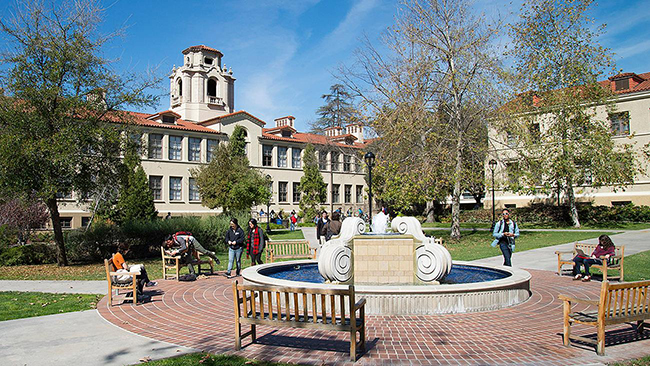
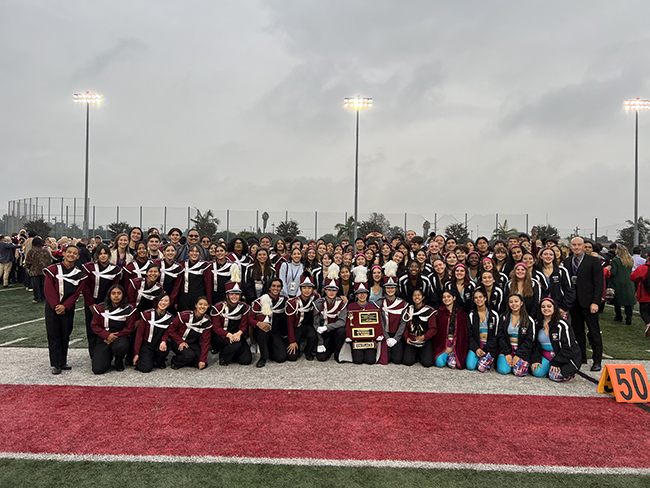
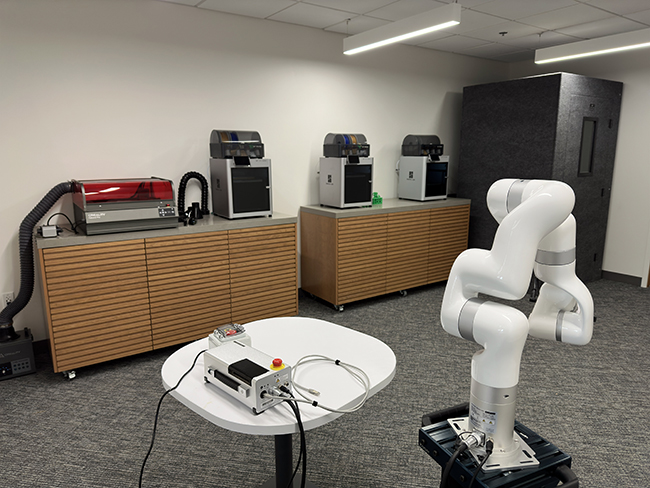
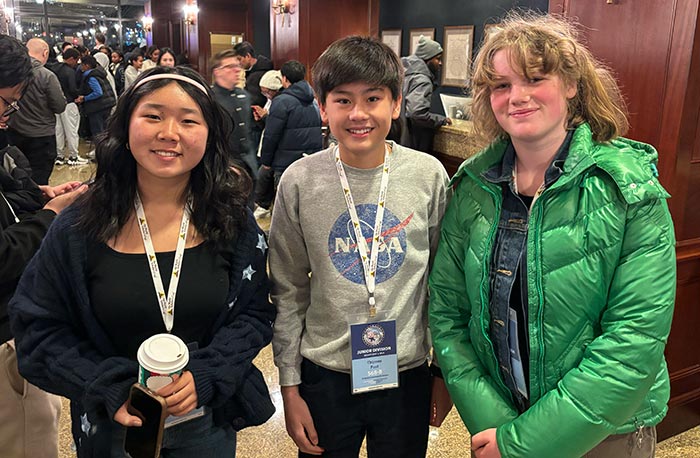
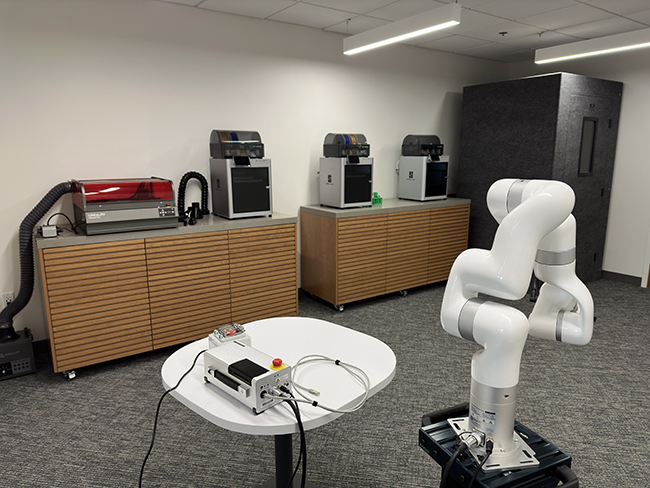
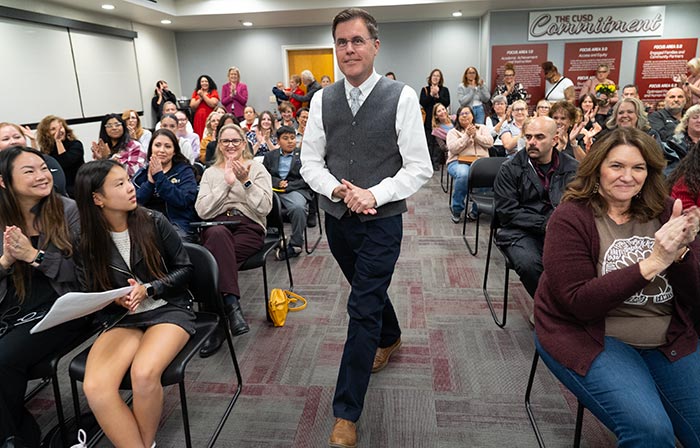

0 Comments